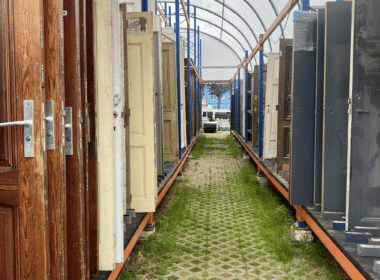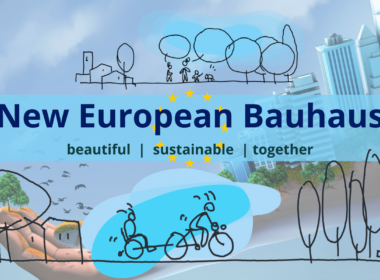Geothermal pre-feasibility study in Brussels region
While the EU achieved its goal of 20 % renewable energy production by 2020, Belgium did not accomplish its goal of 13 %. Additional measures must be taken to attain the goal of 30 % by 2030, as solar and wind energy production will not be sufficient. To achieve the renewable share, shallow geothermal energy (SGE) can play a substantial role. In addition to heating, cooling and seasonal energy storage, SGE will also enhance the decarbonization of the heating and cooling sector, which accounts for 48 % of the total energy consumption.
During the past years, research has been conducted on shallow geothermal energy with projects such as SmartGeotherm and Brugeo. Although the Belgian SGE market is steadily growing, some main barriers such as better knowledge of the underground and economical potential, investment costs, financial support, policy measures and public awareness must be tackled to further develop the market. Most of the existing geothermal systems are traditionally installed in the soft, sedimentary Mesozoic-Cenozoic cover, however, the exploration drilling at Anderlecht (2017) and the operational open geothermal system at Gare Maritime (2020) have demonstrated the higher potential and efficiency of the Cambrian core of the Brabant Massif. The Cambrian bedrock can be encountered at a depth of 0 to 300 m beneath the Flemish and Walloon provinces and Brussels region. A more extensive use of the Cambrian basement must be seriously envisaged to cover the renewable share of the total energy production and to enhance the geothermal sector development.

Both systems are coupled with ground source heat pumps (GSHP) to increase the temperature level for the heat distribution inside the building. Typically, the GSHP turns one unit of electricity into four units of geothermal energy.
Depending on the location, the energy demand, the geology and hydrogeology of the underground, available space, … different types of geothermal systems can be installed.

The BrugeoTool is an online tool that allows project managers and scientific experts as well as individuals and teachers to consult every phase of a geothermal project in the BCR.

With the GeoCamb project, not only the geothermal potential of the Cambrian bedrock will be evaluated and demonstrated, the energy demand of specific, preferably public buildings will be incorporated to maximize the efficiency of the system. Therefore, geological, hydrogeological and geophysical exploration will be performed. To have a full understanding and the sustainability of geothermal installations, the economic and environmental impacts will also be investigated.
To get as much information as possible, GeoCamb either follows a win-win approach or conducts a case study. With a win-win case, companies and public organizations, who are already investigating a geothermal project in the study area, are addressed and proposed to perform extra tests, analyses and monitoring to not only increase our scientific knowledge but also in some cases to help them design their installations more accurately. In that way, we can have access to the site and (underground and surface)data, while they benefit from our results.
Besides win-win approaches, three case studies will be performed whereby collection of fresh lithological samples, by means of drilling one borehole, will be complemented with geophysical loggings, pumping-tests and thermal response tests in this borehole. This will all be part of a pre-feasibility study to investigate and demonstrate the geothermal potential of the Cambrian basement. Currently, we are looking for a second (and third) case study. Therefore, we are looking for:
- public refurbishment or new construction building project
- where the geothermal pre-feasibility study can be performed
- during this year (or early 2022)
- in Brussels (Zenne valley axis) or Walloon or Flemish Brabant region
- approximately 250 m² space for the whole drilling installation
- ….
If your project(s) meet our requirements or if you have any questions, please do not hesitate to contact us via mail at epetitclerc@naturalsciences.be or pgurung@naturalsciences.be.






